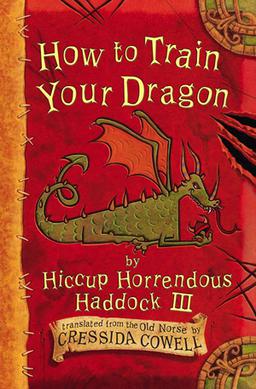I somehow missed that they had a series from an interview with Bill Nye. A SourceFed video [I can recommend this video, but cannot recommend the channel as a whole, although I do turn to it for some news and tend to get my news from less conventional sources] turned me onto this series and the controversy it has caused.
I've been very conflicted about this topic recently and had set a goal over the summer to violate my regular reading rotation to instead read just evolution and creationism books. Unfortunately many things conspired to keep me from this, but I did read The GOD Delusion by Richard Dawkins and The Moral Landscape by Sam Harris. I also have located a copy of Darwin's Origin read by Dawkins and I hope to listen to it soon. A lot of my conflict comes from a large, growing trust in the science that I teach and also a grappling with the real evidence of the processes. In addition, there are the long-standing doubts that I've had where there are gaps in creationism/intelligent design theory that many of my professors were willing to admit [I went to Cedarville University where Creationism/Intelligent Design is taught, but Evolution is taught so that we could understand it and debate it better]. However, I think that the evidence that was used to teach against evolution was very outdated and that none of us, even science majors, were prepared to analyze or argue real data. This brings me to my main point and reservation before I discuss the Bill Nye video and my further thoughts.
Not every Christian should argue the case of Creationism. This is because it makes the intelligent and professional scientists who work in this area to appear be as uninformed or ill-prepared as the lay person. The lay person should however, be very sure of what they do believe, be aware of the limitations of their ability to discuss the topic, and seek to learn as much as possible from both sides of the debate.
Not every Scientist should argue the case of Evolution or Big Bang Cosmology. This is because it makes the intelligent and professional scientists who work int his area appear to be uninformed or ill-prepared as the lay person. The lay scientist should however, be very sure of what they do believe, be aware of the limitations of their ability to discuss the topic, and seek to learn as much as possible from both sides of the debate.
This brings me to Bill Nye. He is an educator, but prior to that his job was engineer for Boeing. His training is not in biology, and although I'm sure he understands it and believes it he is more of a figurehead than a professional in this field. I will also argue in his defense that he was probably unprepared for the question and also that he did not post or title the video and I think the title re-directs the focus from what he said to something specific he said.
PS- This post has also been in draft mode because I had a hard time closing it and I needed to add some of the links still. I started it the day SourceFed posted their video and I watched it and Big Think's Bill Nye video the same day.
PPS- I think I might try to become the YouTube Bill Nye because after all his old program is already 20-25 years old and there's a lot of ways in can be modernized. There is also need for it. That'll take another post, another time to explain though.


